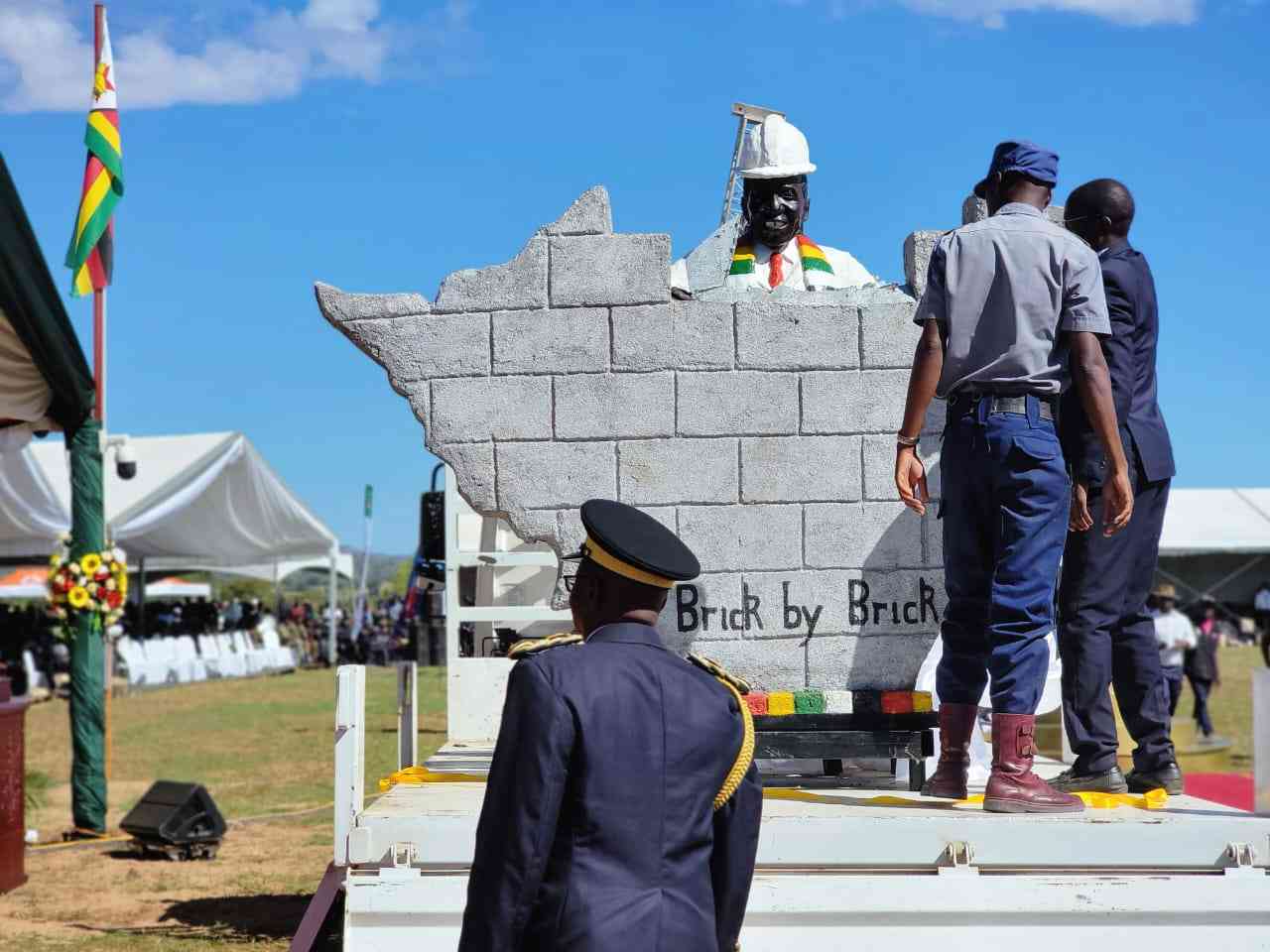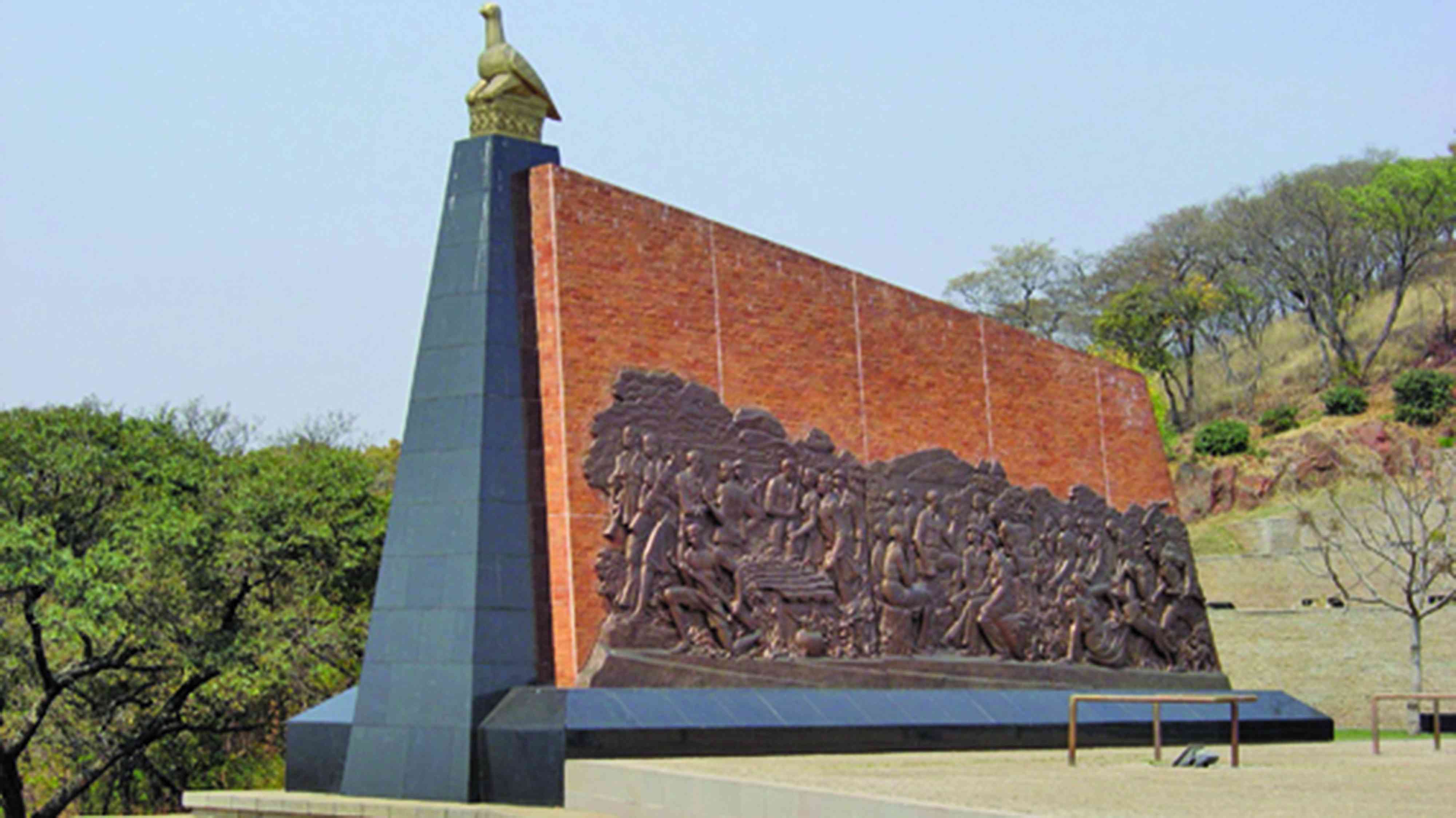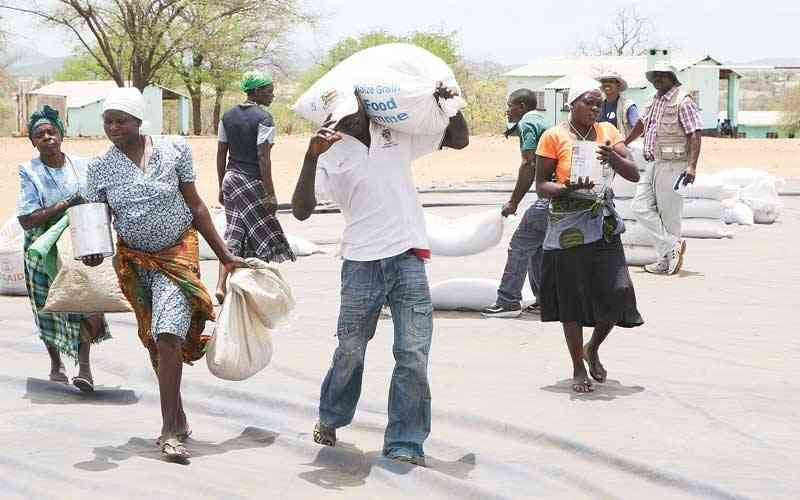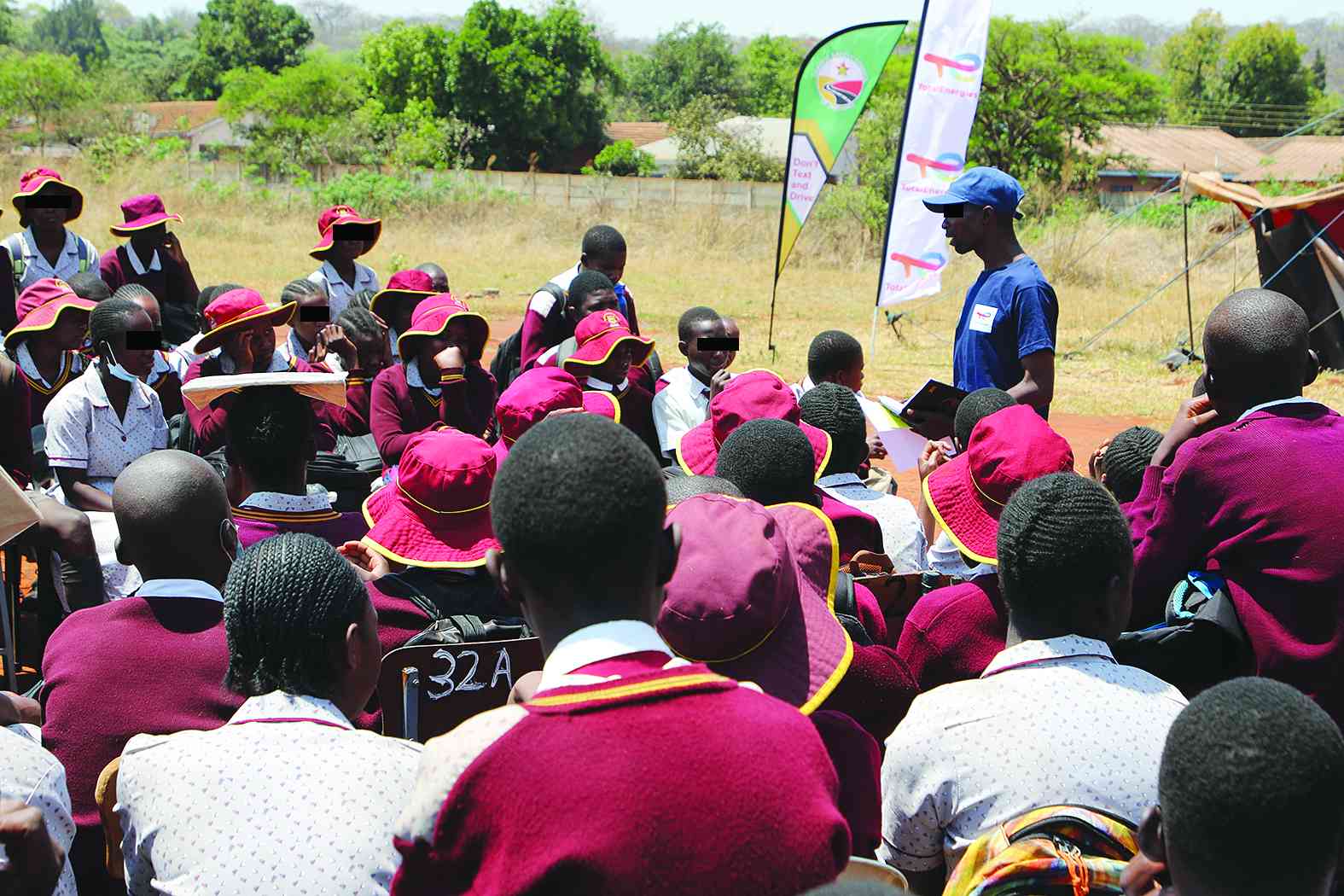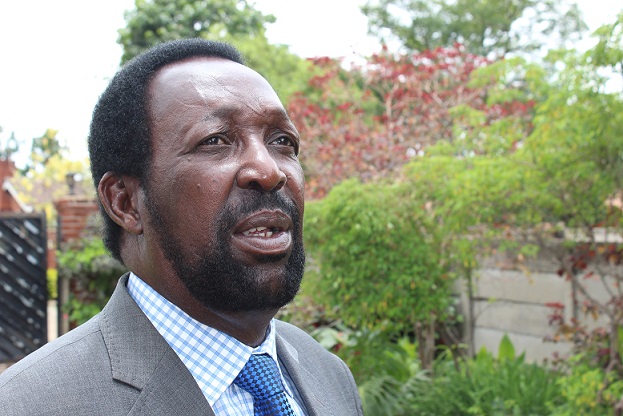
YESTERDAY, Zimbabwe bade farewell to one of its musical greats, Zexie Manatsa, who died from cancer last Thursday. He was buried exactly one year after the country lost another of its favourite sons, Oliver “Tuku” Mtukudzi.
Every year, it appears, the country is losing its gems to Father Time, depriving us of not only one of the greatest entertainers of our time, but good role models as well.
His story was fascinating: after doing rounds around the farms and mines in Mhangura, Zexie and his brother Stanley landed a gig at Mujakachi beerhall in Chinhoyi. But the big payday did not come.
After three months of daily work for no pay, they hatched a plan to steal the two electric guitars, a bass and a lead bought for them by the proprietor of the bar and hit the road to the bright lights of Bulawayo.
The rest, as they say, is history.
Calls by some for him to be accorded national hero status were not misplaced and reflected his contribution, in his own way, to the struggle for Zimbabwe’s independence. Like some of his peers at the time, his music was part of the protest movement against the brutal Ian Smith regime.
His 1975 album, Chipo Chiroorwa, spawned the song Musango Munehangaiwa — which literally translated to there are doves in the forest” as a tribute to the freedom fighters.
Nyoka Yendara was another sharp, if pointed defiance of the regime. The song’s relentless high tempo was pure defiance on a rhythm and bass. The sharp lyrics were barely veiled.
- Chamisa under fire over US$120K donation
- Mavhunga puts DeMbare into Chibuku quarterfinals
- Pension funds bet on Cabora Bassa oilfields
- Councils defy govt fire tender directive
Keep Reading
“Vachairova musoro nyoka yendara, nyokawe inoera. Tendai vakomana vanoridza hosho muzimba iro, muzimba ramambo.
He went on defiantly:
“Baba vanyadzisei! Baba vanyadzisei! Vanoda kugara nyika vega muzimba ramambo!
Vakomana vanoridza hosho, of course, was a reference to the brave freedom fighters “playing” the “hosho”, a reference to the guns. But Chipo Chiroorwa was, in its own right, a crowd favourite and a must play at weddings. According to some reports, the song was inspired by the wedding of his cousin, named Chipo.
Similarly, his Chivaraidze hit was reportedly inspired by the words of the reverend who solemnised his wedding to his first love, Stella Katehwe, who survives him along with their six children.
The wedding itself was marvel: in front of thousands at a packed Rufaro Stadium. The attendants had to fork out a dollar each (not small change those days!) to grace the occasion.
Who can forget Tea Hobvu, which became an anthem? Manatsa would later become a Zaoga pastor, dedicating himself to God.
It was also a lovely touch to bury him next to George Shaya, one of the finest ever players to come out of the country. Shaya died on August 24 last year.
Farewell Manatsa, a giant in your own right.



